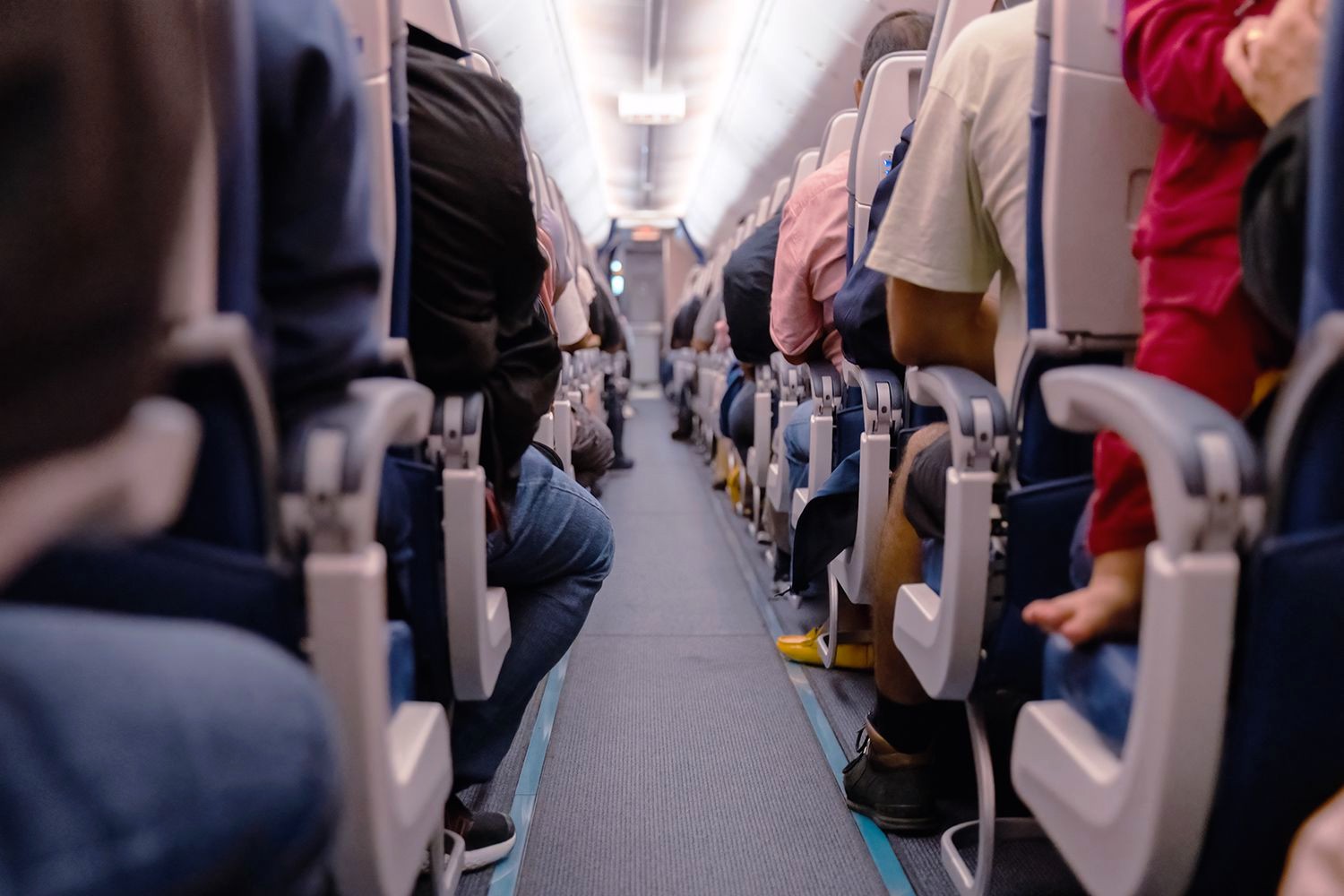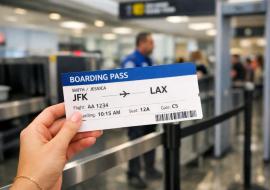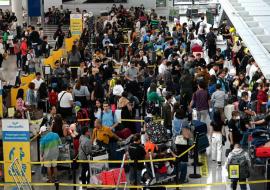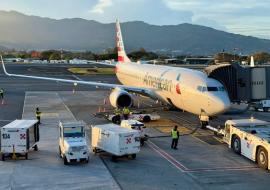Heads Up!: Booking One-Way Domestic Flights Could Be Costing You More

A new report by Thrifty Traveler reveals that U.S. travelers may be overpaying for one-way domestic flights, as major airlines have reintroduced a pricing strategy that charges significantly more for one-way fares compared to roundtrip bookings.
The study, based on a comparison of 2,000 domestic flights, shows that over 50% of one-way fares cost more than half the price of a roundtrip, with some one-way tickets costing two to three times more than a full roundtrip. This shift marks a notable change from the past decade, when one-way flights were typically priced at half the roundtrip fare, offering travelers flexibility without financial penalty.
“Higher one-way fares for international travel have always existed, but they virtually disappeared from domestic routes — until now,” said Kyle Potter, Executive Editor at Thrifty Traveler. “This pricing change seems targeted at business travelers, but the impact affects all U.S. flyers. Booking one-way could now mean paying dearly.”
Key Findings:
-
Delta Air Lines leads the trend, charging higher fares on more than 66% of its one-way domestic routes. No other major airline exceeded 51%.
-
Timing matters:
-
91% of one-way flights booked within two weeks of departure cost more than the roundtrip equivalent.
-
Booking 30-60 days in advance resulted in elevated one-way fares 47% of the time.
-
-
Business-heavy travel days like Fridays, Sundays, and Thursdays showed the highest price penalties.
-
Tuesdays and Wednesdays remained the most affordable for one-way travel, with fewer than 35% of flights penalized.
The findings suggest that consumers should reconsider how they book domestic travel. Roundtrip bookings may once again be the smarter financial choice, especially when flying close to departure or on peak business days.
Travelers are encouraged to compare roundtrip and one-way fares carefully, especially as pricing models continue to shift post-pandemic.














